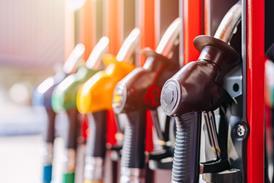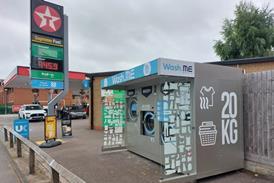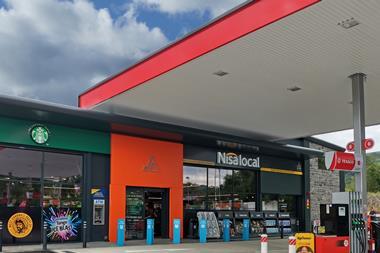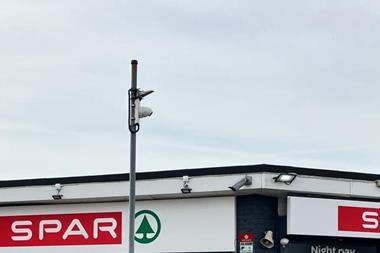The organisation that advises the Government on its strategy to deal with climate change has again called for an earlier ban on sales of new diesel and petrol cars.
The Committee on Climate Change (CCC) has published its 2019 report to Parliament, which highlighted areas of immediate concern, such as lack of progress on new car and van CO2 performance, EV registrations and biofuels uptake.
It also outlined specific priorities for the road transport sector in 2019/20, calling for:
• a sales ban on conventional vehicles moved to 2030-2035 (the government is still sticking to its proposed date of 2040) and clarification that this means only battery electric or other zero carbon emission vehicles will be sold after that point;
• a clearer approach to EU vehicle standards and testing;
• stronger incentives to purchase cleaner vehicles including fiscal instruments;
• plans for roll-out of zero emission HGVs and stretching targets for CO2 reductions; and
• schemes to support walking, cycling, public transport.
It also includes as priorities for the long-term:
• continued development of charging infrastructure;
• a decision on the future for HGVs in the 2020s; and
• a 98% reduction in emissions by 2050.
Other actions recommended are for a clarification of the UK regulatory approach to the EU 2020/21 new car and van CO2 targets, and for the setting of stretching CO2 targets for new cars and vans beyond 2020, requiring a high electric vehicle market share. The report says that a ‘real world’ testing regime must be used alongside standardised tests.
CCC chief executive Chris Stark said: “The next 12-18 months is key to improving our policies if we’re to stay credible globally.”
LowCVP managing director Andy Eastlake said: “Road transport was highlighted as one of the key areas of concern in terms of meeting our climate targets. We need to make real, accelerated progress in delivering effective policies over the coming period.
“As our recent Annual Conference highlighted, we must make rapid progress on the electrification of cars and vans, in particular, but we need to use all the tools in the box to tackle the hard to electrify applications, and make immediate progress with the current fleet by ensuring that the combustion fuels we use in the short to medium term are as low carbon as it’s possible to make them.”
































No comments yet